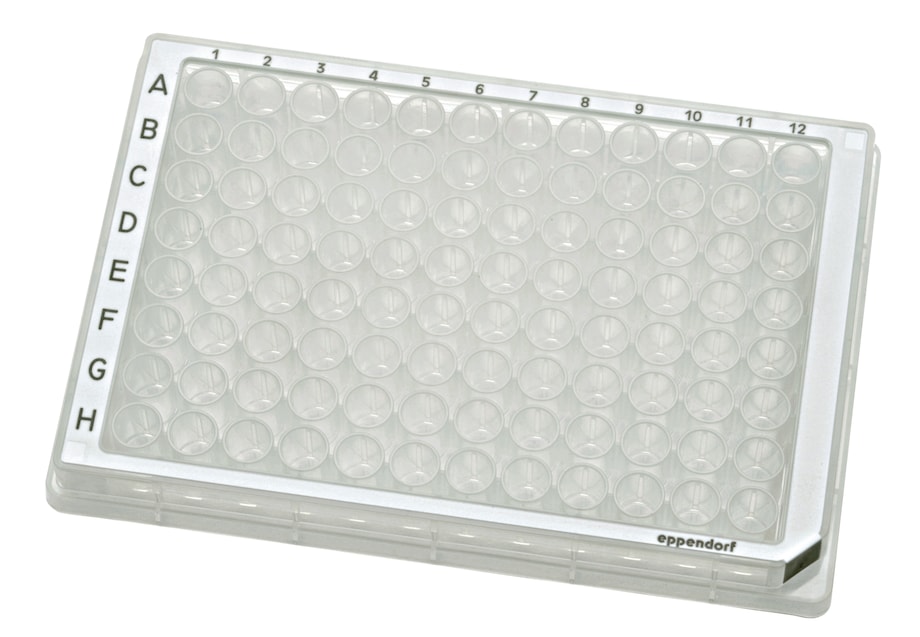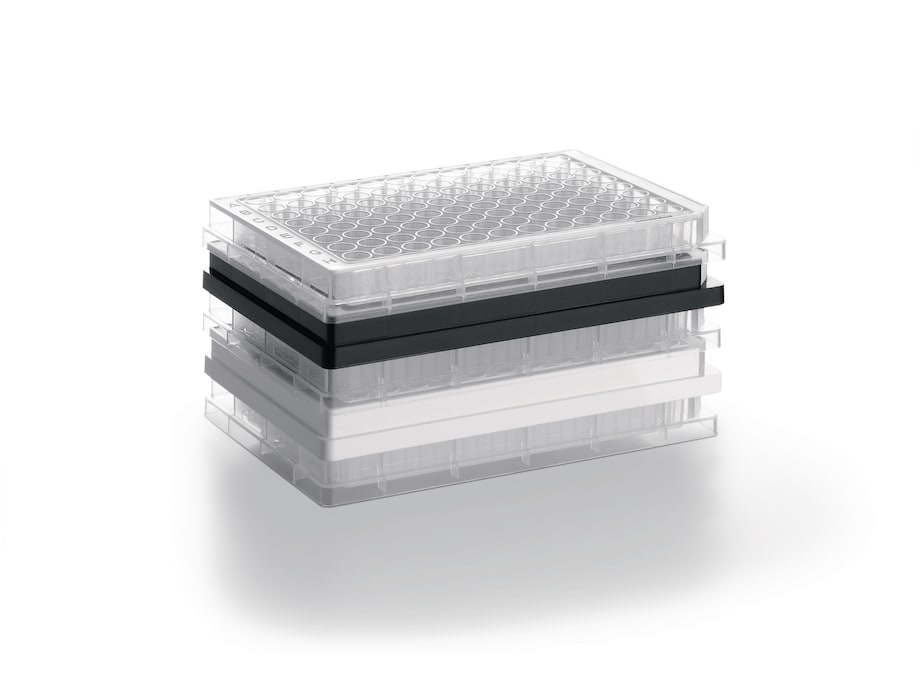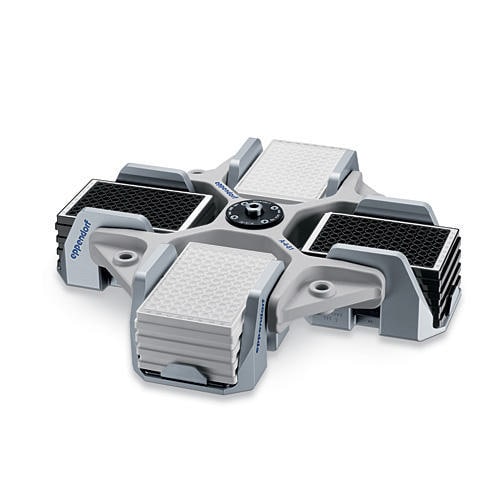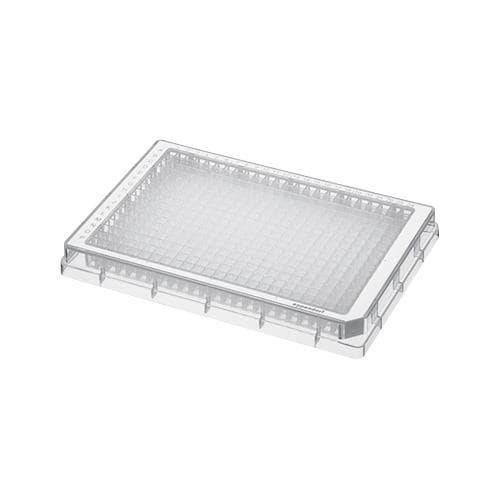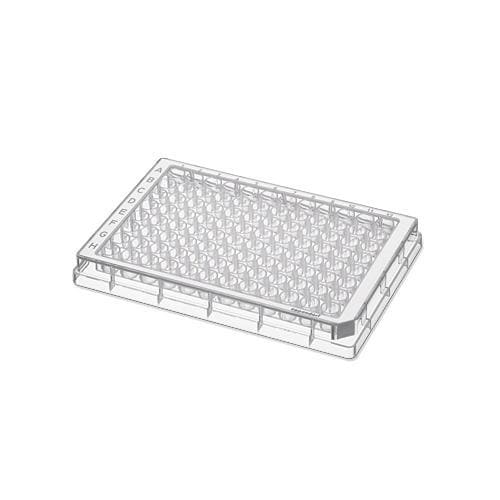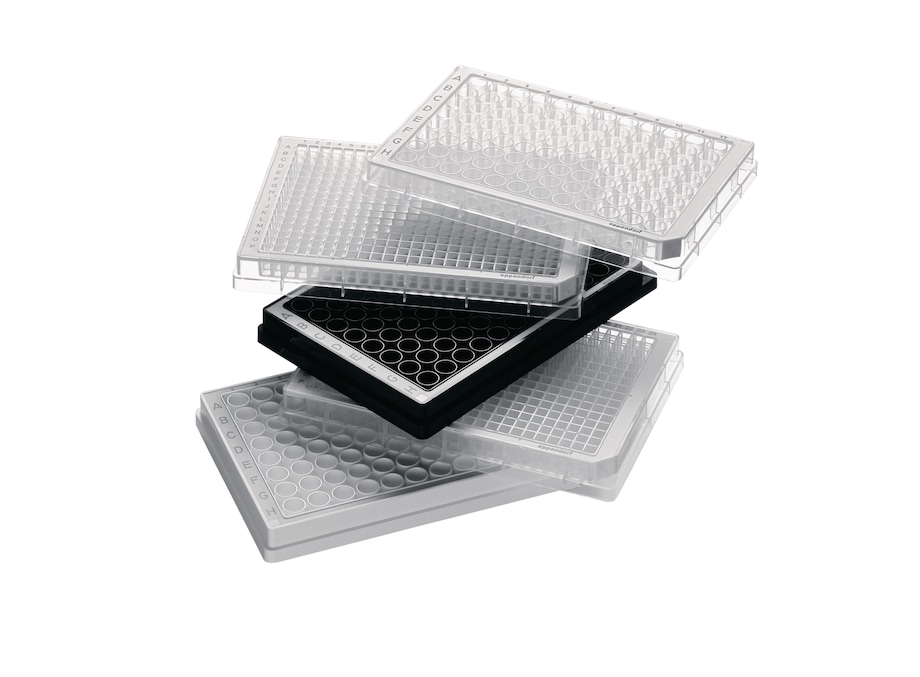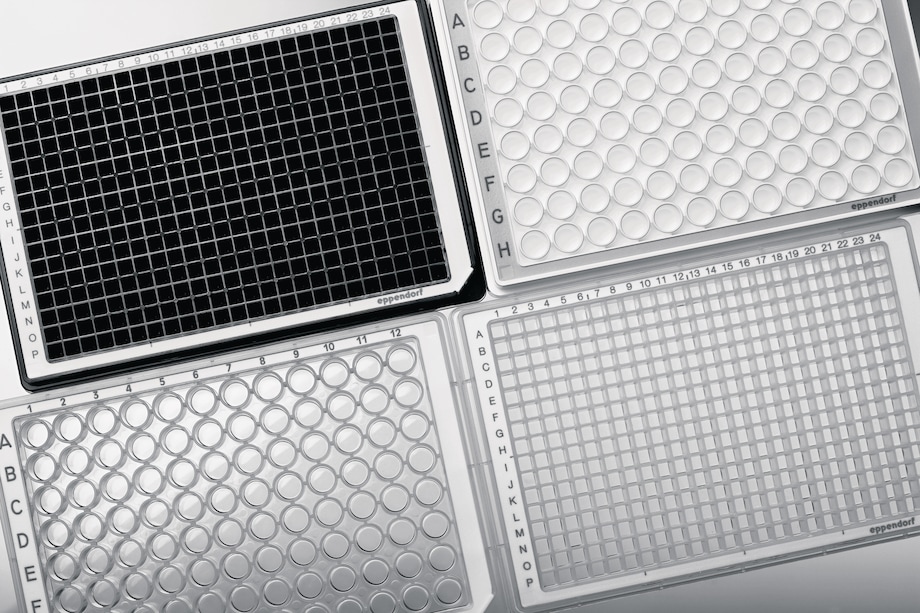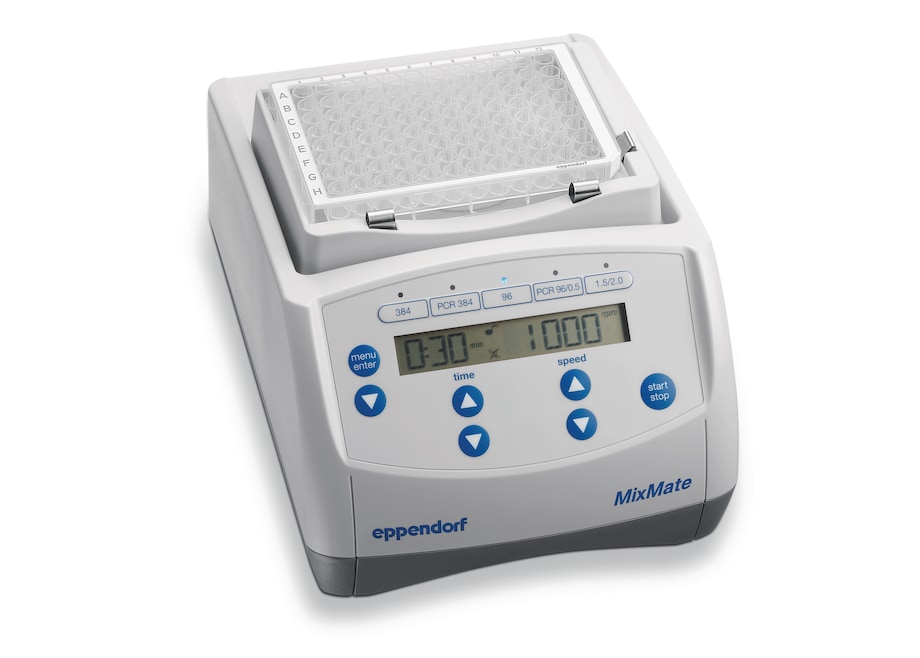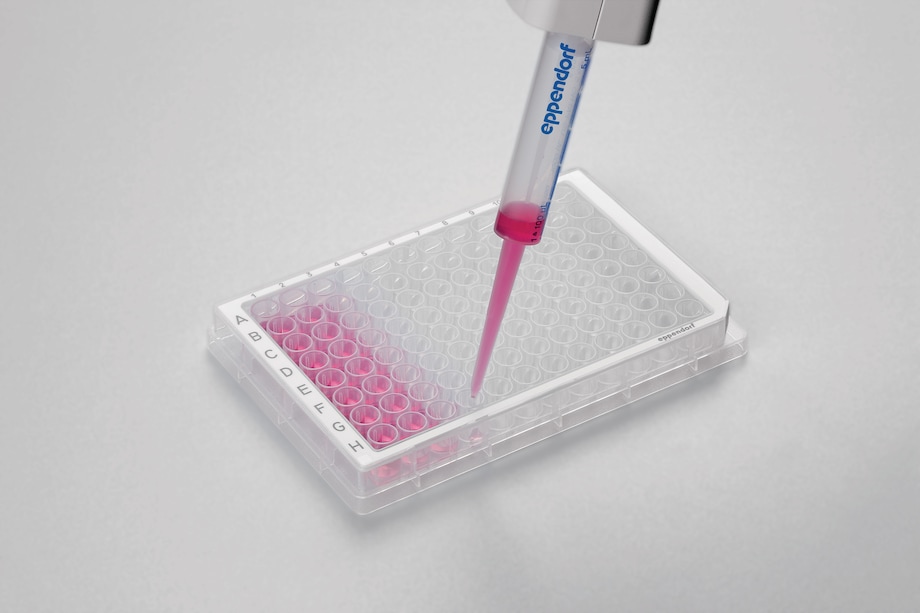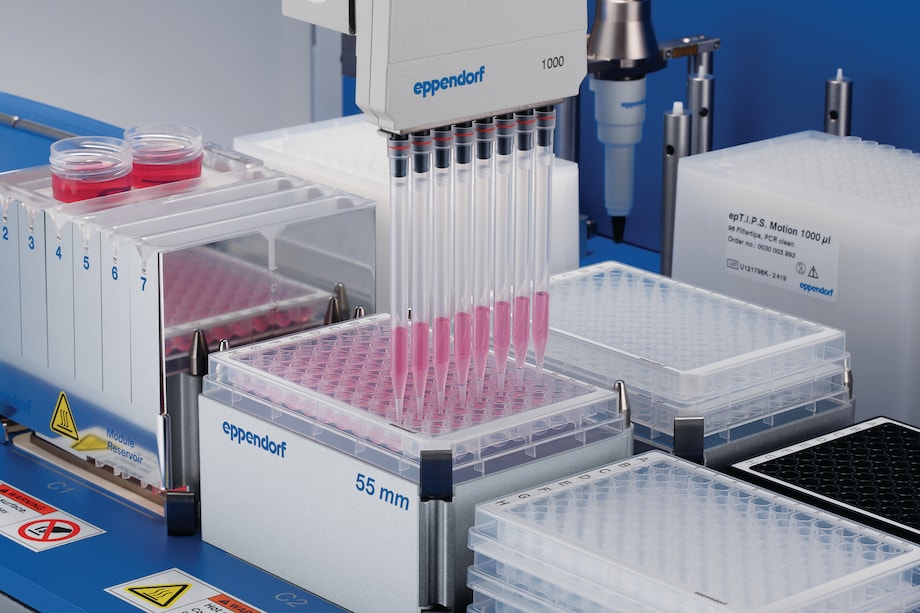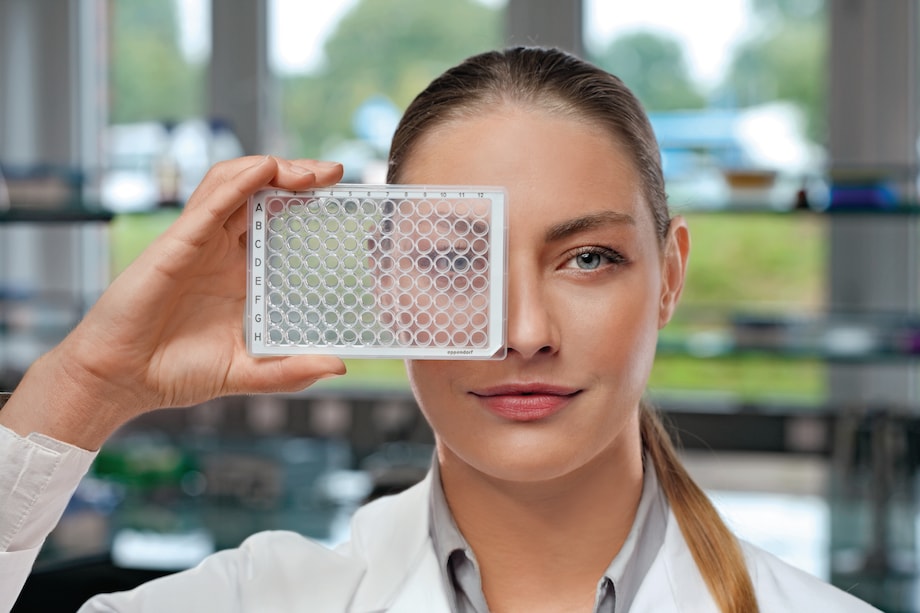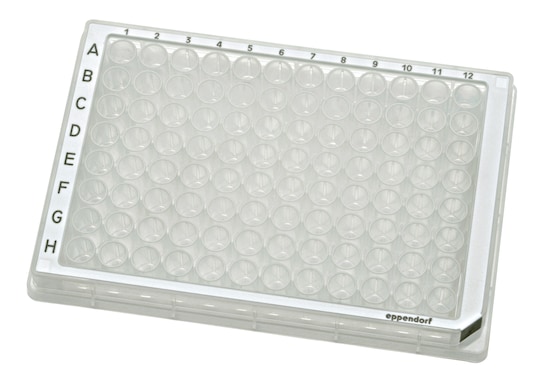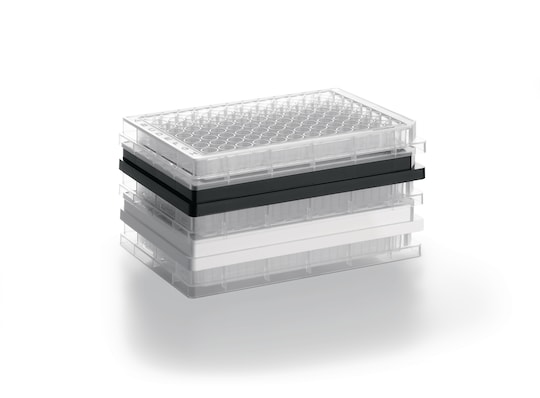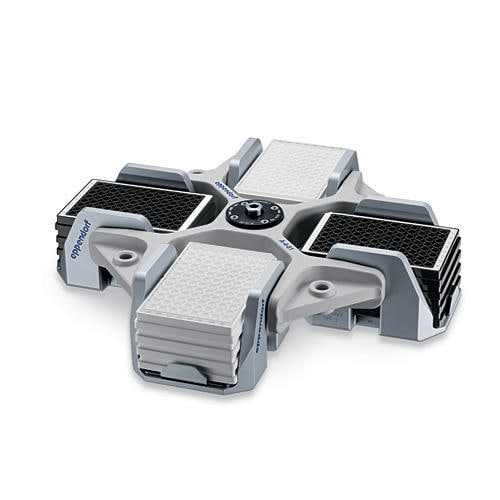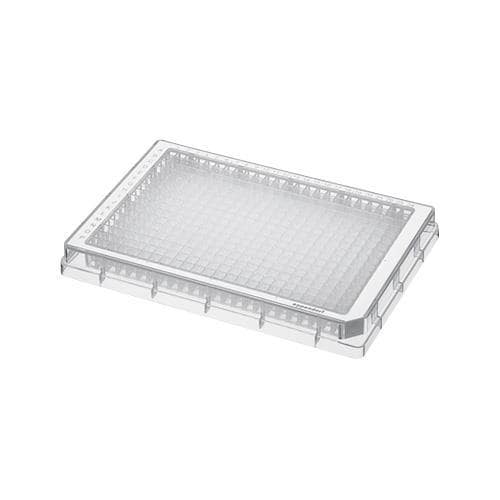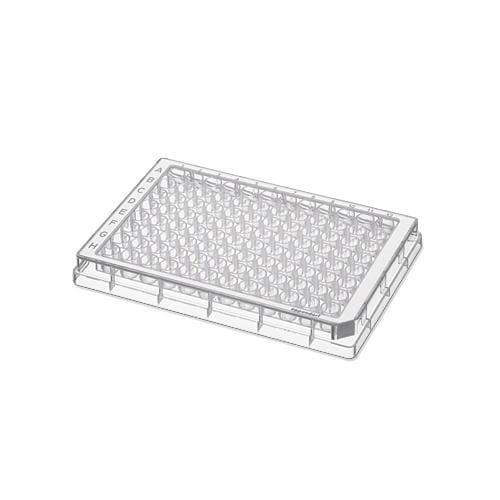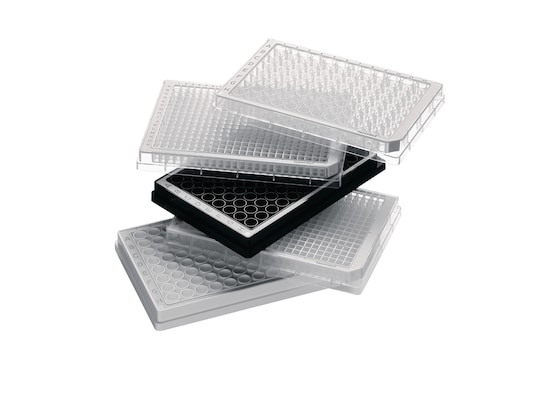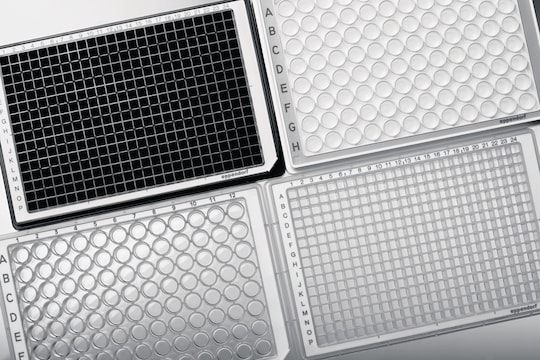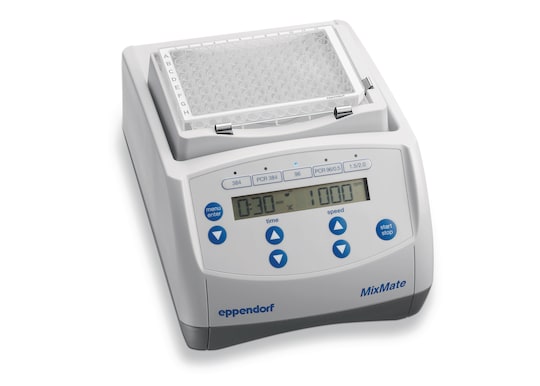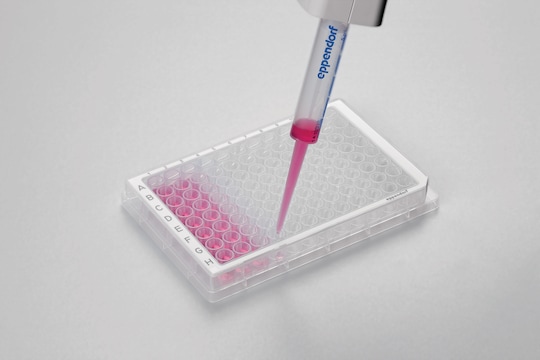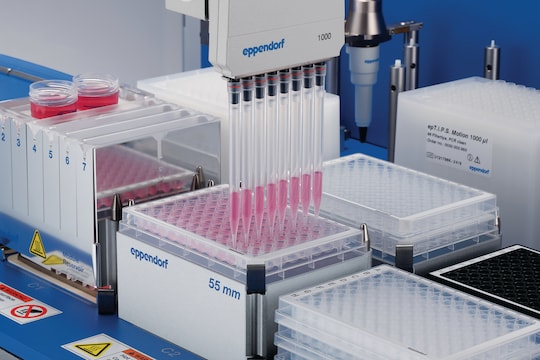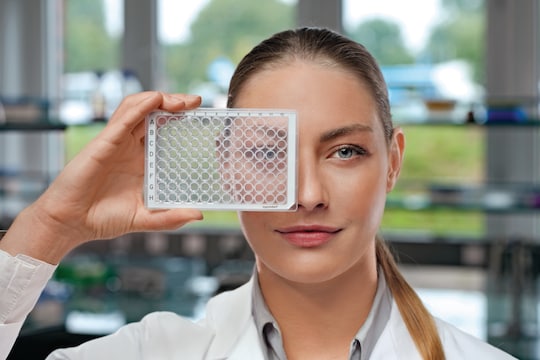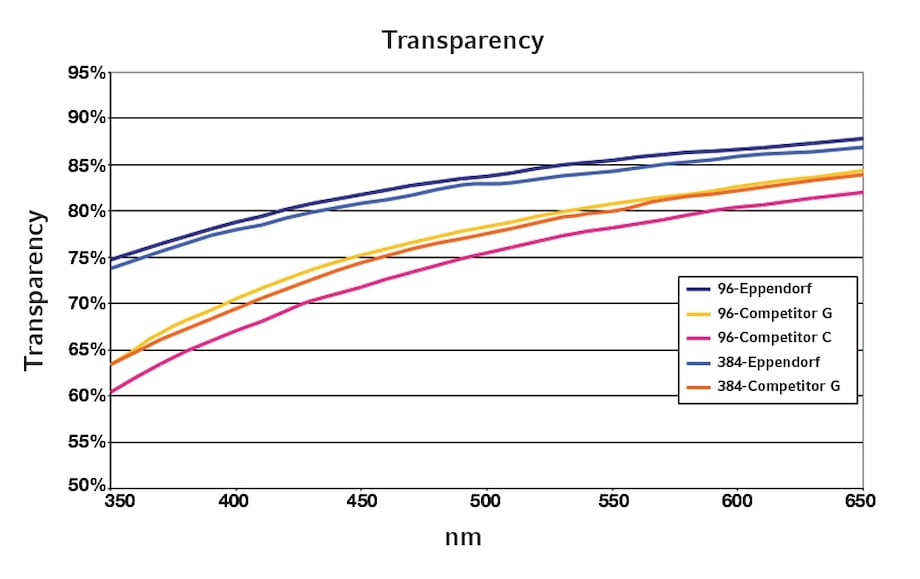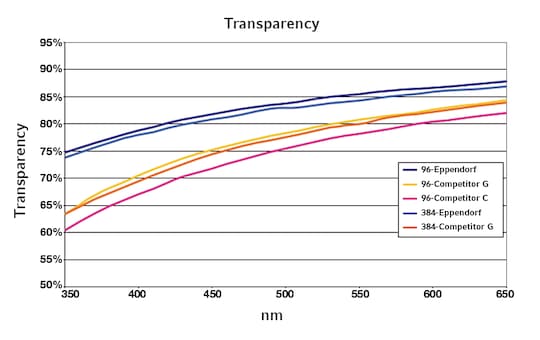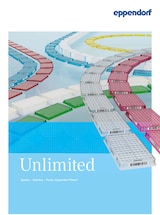Eppendorf Microplates
Product Information
Experience a new level of transparency with Eppendorf Microplates! With the highest quality polypropylene and superior well design, you can pipette, control and recover samples with minimal effort. Plus, we offer a plate for every application.-
Request lot-specific certificates (not applicable for "Eppendorf Quality")
-
Learn more about purity grades available from Eppendorf
You will find additional download material at the bottom of this page
Products (11)
Price
$ 400.40
Inquire
|
Price
$ 440.00
Inquire
|
Price
$ 400.40
Inquire
|
Price
$ 440.00
Inquire
|
Price
$ 400.40
Inquire
|
Price
$ 440.00
Inquire
|
Price
$ 1,192.40
Inquire
|
Price
$ 775.49
Inquire
|
Price
$ 820.60
Inquire
|
Price
$ 775.49
Inquire
|
Product Information
Applications
Features
Product Information
Superior transparency and OptiTrack® matrix
Rest assured that our Eppendorf Microplates are manufactured from the highest quality polypropylene to ensure maximum transparency and improve reproducibility. Let the contrast-rich OptiTrack matrix guide you to lab efficiency – identify wells in record time and reduce the risk of error and contamination.
Learn more about how Eppendorf Microplates can help rapidly identify samples by reading Application Note 202: Eppendorf Polypropylene Microplates – Fast and secure identification of samples.
Maximum recovery in minimal time with RecoverMax® well design
Get Maximal sample recovery and superior mixing properties with Eppendorf microplate’s RecoverMax® optimized well geometry. A round and smooth design of well corners helps to prevent sample loss and minimize residual volume while the smooth contours of square-well plates virtually eradicate the risk of cross contamination.
Eppendorf Microplates offer the ultimate transparency and quality in a variety of formats:
• 96 and 384 well formats
• F–bottom (flat), U–bottom (round), and V–bottom (conical).
• Eppendorf PCR clean and Sterile purity grades.
• Also available as DNA and Protein LoBind.
• g–Safe®: exceptional centrifugation stability up to 6,000 x g for faster protocols and improved sample quality.
• Raised well rims and smooth surface for reliable closing, even with heat sealing
• High–quality polypropylene guarantees resistance to chemicals, mechanical stress and temperature extremes.
• Autoclavable (121 °C, 20 min).
• Manufactured without demoulding aids, softeners or biocides
For more information see Application Note 56: The best material for original Eppendorf Tubes® and Plates: Properties and chemical resistance of polypropylene. Application Note 239: Eppendorf Deepwell Plates and Microplates - Investigations of sealing methods.
Downloads: Eppendorf Microplates
Filter
Reset all-
English

